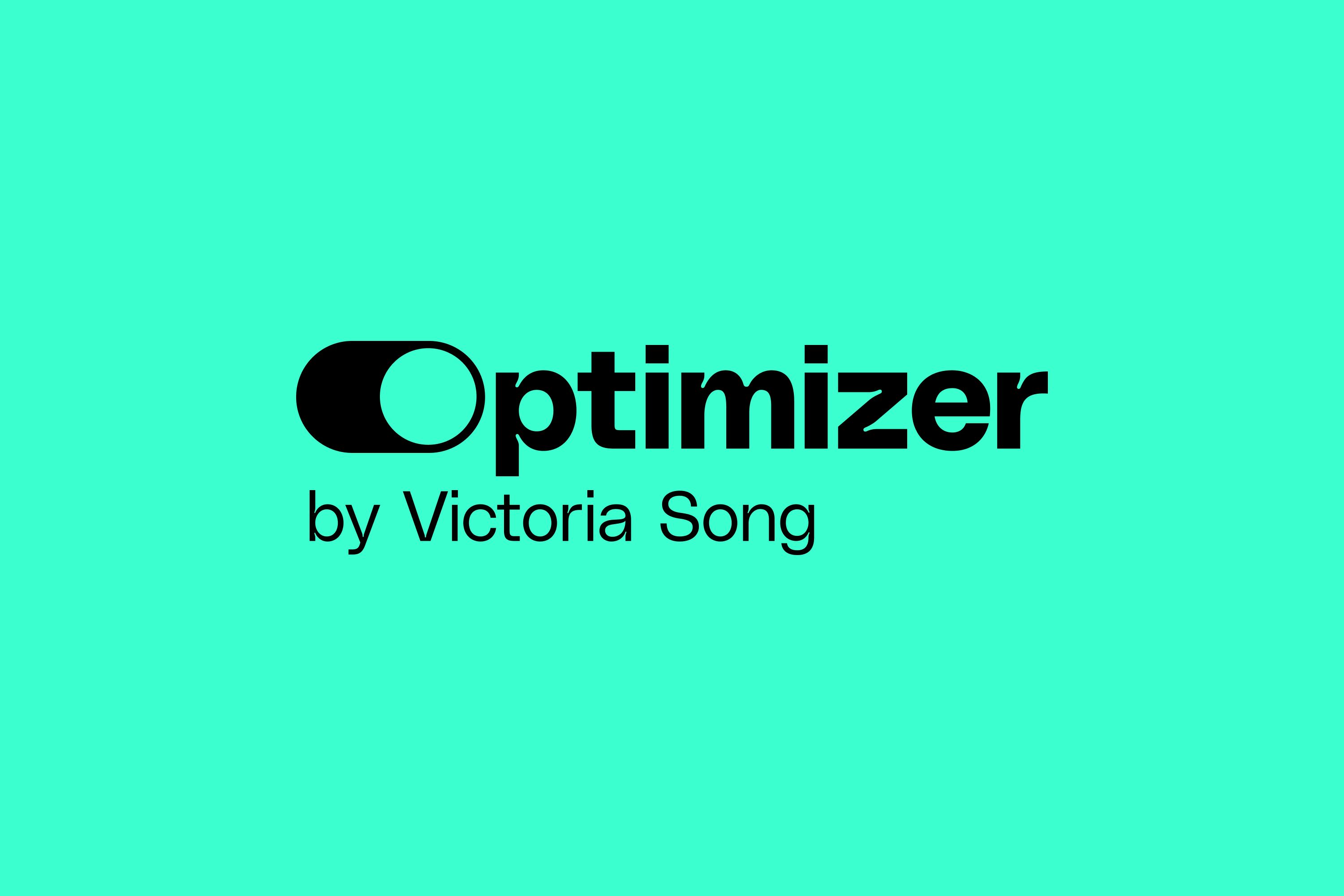The Verge just launched Optimizer, a subscriber-only newsletter that promises to cut through Big Tech's endless promises of life optimization. Senior reviewer Victoria Song will test gadgets, apps, and AI tools weekly to answer one critical question: does this tech actually make your life better, or is it just expensive digital snake oil?
The Verge just threw down the gauntlet against Big Tech's endless optimization promises. The publication launched Optimizer, a new weekly newsletter that cuts straight through the industry's favorite mythology: that every new gadget, app, or AI assistant will magically transform you into a productivity superhuman with six-pack abs and perfect work-life balance. Senior reviewer Victoria Song will helm the newsletter, starting September 5th, with a mandate to test these claims in the real world. "Every year, I sit in these fancy amphitheaters and watch the biggest names in tech promise how their latest phone, smartwatch, app, chatbot, or doohickey will make our lives better," Song wrote in the launch announcement. "Sometimes, these things truly do make my life better. Other times, they send me spiraling thanks to data overload, meaningless metrics, or sensors that just don't work." The timing couldn't be more pointed. As Apple, Google, and Samsung flood the market with AI-powered health trackers and productivity apps, consumers are drowning in conflicting claims about what actually works. Song's track record suggests she's uniquely positioned to separate signal from noise—her previous investigations have ranged from testing Samsung's antioxidant sensors with Cheez-Its to analyzing how AI summaries are reshaping fitness apps. The newsletter represents The Verge's bet that readers are hungry for honest, hands-on testing rather than regurgitated press releases. Each Friday, subscribers will get "personal essays, unhinged notes from the testing lab, thoughtful deep dives into debunking wellness and AI grifts, and the occasional interview with the people who promise to make us the best versions of ourselves," according to the announcement. This approach directly challenges the tech industry's optimization industrial complex, where everything from meditation apps to smart scales promises to unlock your "best self." Song's methodology appears refreshingly systematic: she actually uses the products, interviews founders, and reports on what breaks, what works, and what's just expensive placebo. The subscription model—$7 monthly or $50 annually—positions Optimizer alongside 's growing stable of premium newsletters. Subscribers also get unlimited articles, fewer ads, and exclusive RSS feeds, signaling the publication's continued pivot toward reader-supported journalism as advertising revenues decline across digital media. For an industry built on perpetual promises of optimization, having a dedicated skeptic with actual testing protocols could prove invaluable. Song's previous work suggests she won't shy away from calling out products that overpromise and underdeliver—especially in the crowded wellness tech space where regulatory oversight remains minimal. The newsletter launches as wearable tech and AI productivity tools face increasing scrutiny over their actual effectiveness versus marketing claims.







